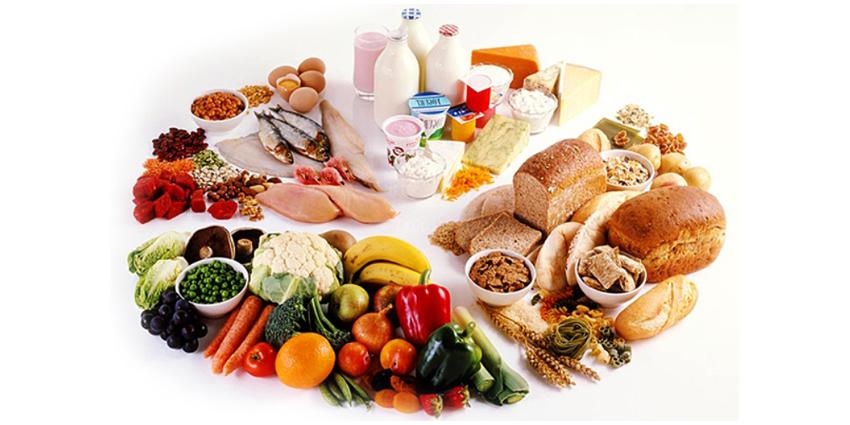As our body ages, how we process food & our nutritional requirements change. This means the older we get it becomes increasingly important to ensure your diet includes healthy foods & with the right nutrients.
Nutrition As We Age - As we get older our appetite, lifestyle and needs change. These changes can impact the amounts and types of foods we choose to eat. A reducing appetite, reduced ability to buy or prepare healthy foods, can result in many older people getting insufficient essential vitamins, mineral and fibre, and this can contribute to general unwellness or exacerbate some chronic illness.
Have more
Water:
- As you get older your thirst sensation changes so you may not feel thirsty when your body needs it
- Aim to drink 6-8 glasses of water a day or a total of 2L
Vitamins and minerals:
- Vitamin D and calcium are two important factors in diet as we age to help maintain bone health – see our “Eating to improve bone health”
- Fish oils may have beneficial effects for arthritis
- Eat whole foods with plenty of vegetables and your daily fruit and protein needs
Have less
Salt:
- Too much can increase the risk of high blood pressure, heart and artery disease
- Reduced salt options can be beneficial but beware of added sugar to maintain flavour
Saturated & Trans Fats:
- Be careful with low-fat options for added sugar
Alcohol:
- Alcohol can impair judgement, further decrease balance and dehydrate our body
If you have concerns or questions, visit an accredited dietician or your GP to ask about your specific health needs.
For support or advice, please contact our physios for specialists for assistance.
Title: Nutrition and older adults
Source: Nutrition Australia
Read time: 10mins

